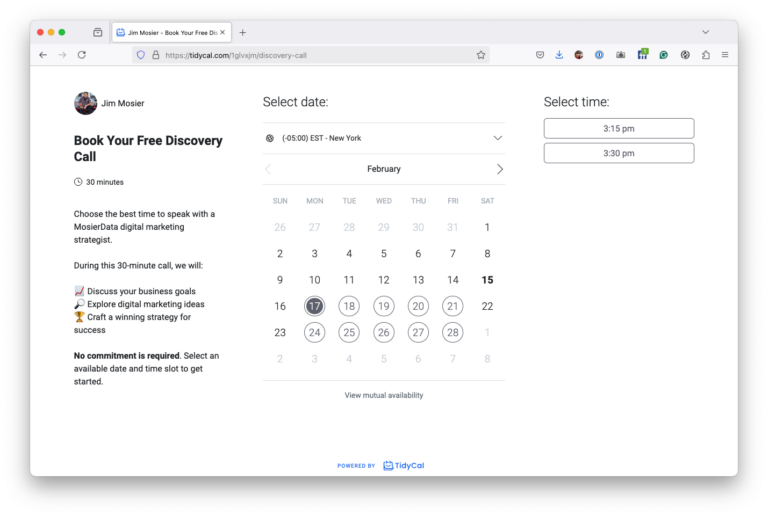You’ve heard that redirects can impact your website’s performance, but are redirects bad for SEO? If you’re concerned about your site’s search engine rankings, you need to understand how redirects affect your SEO efforts.
As the go-to Lakeland SEO company, MosierData will explain what redirects are bad for SEO and how to use them effectively.
Redirects are not inherently bad for SEO. When used correctly, they can help maintain your SEO performance and improve user experience.
Redirects tell search engines and browsers that a page has moved to a new location. This ensures that users and search crawlers can find your content, even if the URL has changed.
However, improper use of redirects can negatively impact your site’s SEO. Some potential issues include slow page load times, increased crawl budget consumption, potential loss of link equity, and confusion for search engines and users. It’s crucial to implement redirects thoughtfully to avoid these pitfalls.
To ensure your redirects support your SEO efforts, follow these redirect best practices:
When it comes to SEO basics, you should be familiar with common redirect pitfalls that can harm your optimization efforts. For example, creating redirect loops is a serious issue that can make pages inaccessible.
Too many redirects can significantly slow down your site, negatively impacting user experience and SEO. Neglecting to update external linking after implementing redirects can lead to lost link equity.
Failing to redirect old URLs often results in broken links, harming your site’s user experience and SEO. Implementing temporary redirects (302s) for permanent changes is another common mistake. This can confuse search engines and prevent the proper transfer of link equity.
Are redirects bad for SEO? Does your website design hurt SEO? Our MosierData team understands the complexities of SEO and redirect management and offers comprehensive SEO services to businesses.
Call (863) 687-0000 to learn how we can optimize your redirects and boost your SEO performance.

